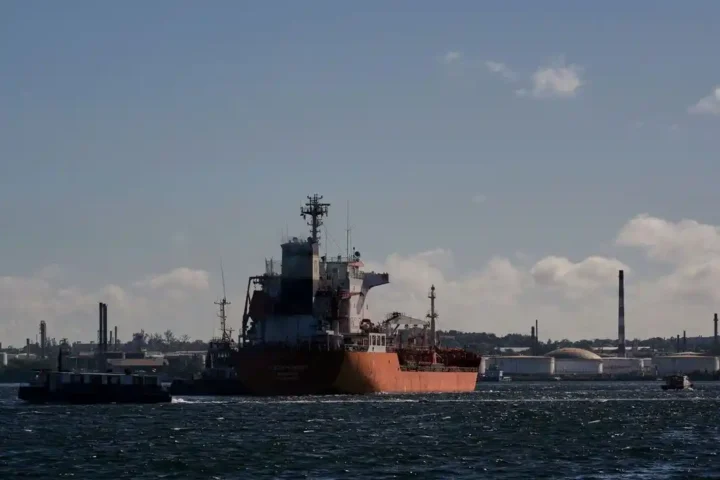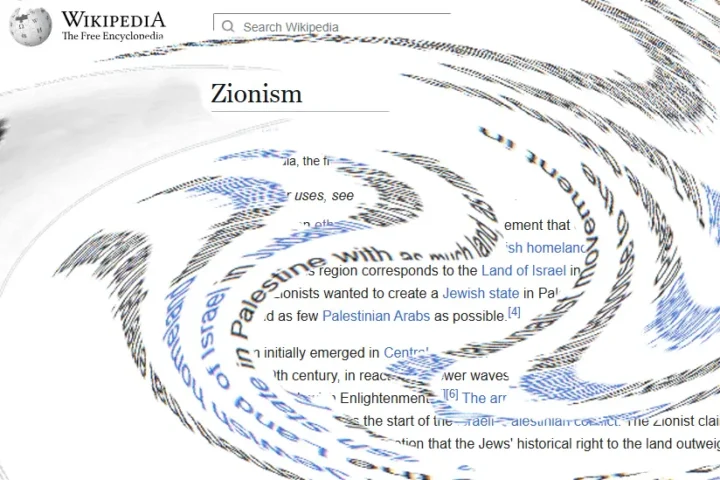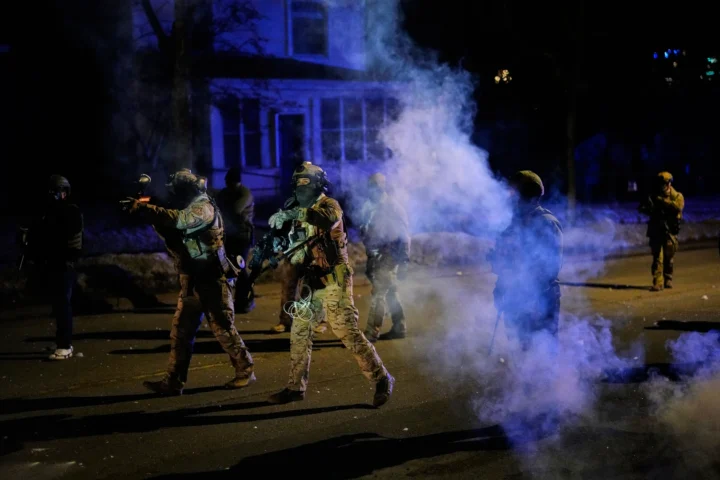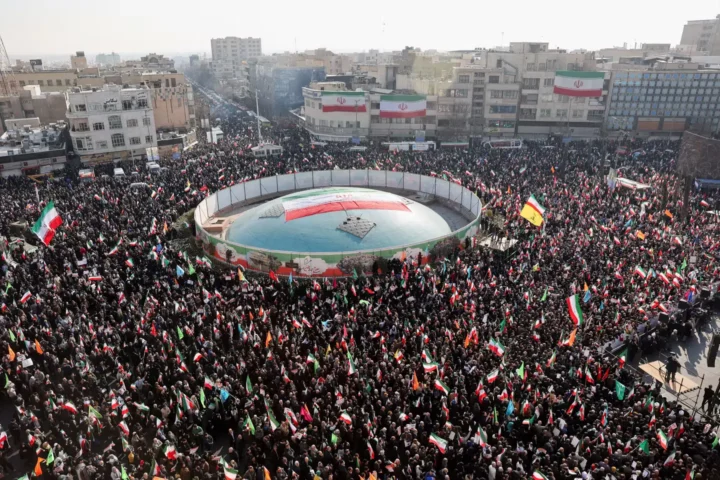In the ever-turbulent landscape of the Middle East, recent events have reignited fears of an expansive and destructive conflict involving Israel and Iran’s network of proxies. The spate of attacks in Beirut and Tehran signals not just an escalation but a potential paradigm shift in the Israeli-Iranian confrontation.
Since October 7, Israel has faced relentless aggression from Iranian-backed forces. In a strategic pivot, the Israeli Defense Force (IDF) has executed daring operations far beyond its borders, marking a new phase in this protracted struggle. The raid on Yemen’s Hodeida port, controlled by the Houthi rebels, the precision strike that eliminated Hezbollah military figure Fuad Shukr in Beirut, and the covert assassination of Hamas leader Ismail Haniyeh in Tehran underscore Israel’s intent and capability.
While Israel has not officially claimed responsibility for Haniyeh’s death, the message is unmistakable. This act, especially bold given its timing during the inauguration of Iran’s new president, provoked a fierce response from Iran’s Supreme Leader Ayatollah Ali Khamenei, who promised retribution. The killing of Shukr is equally inflammatory, likely prompting a retaliatory response from Hezbollah. The Houthis, ever loyal to Iran, are also expected to join any coordinated retaliation, reinforcing the solidarity of Iran’s axis of resistance—an alliance that includes militias in Iraq and Syria under the IRGC’s influence.
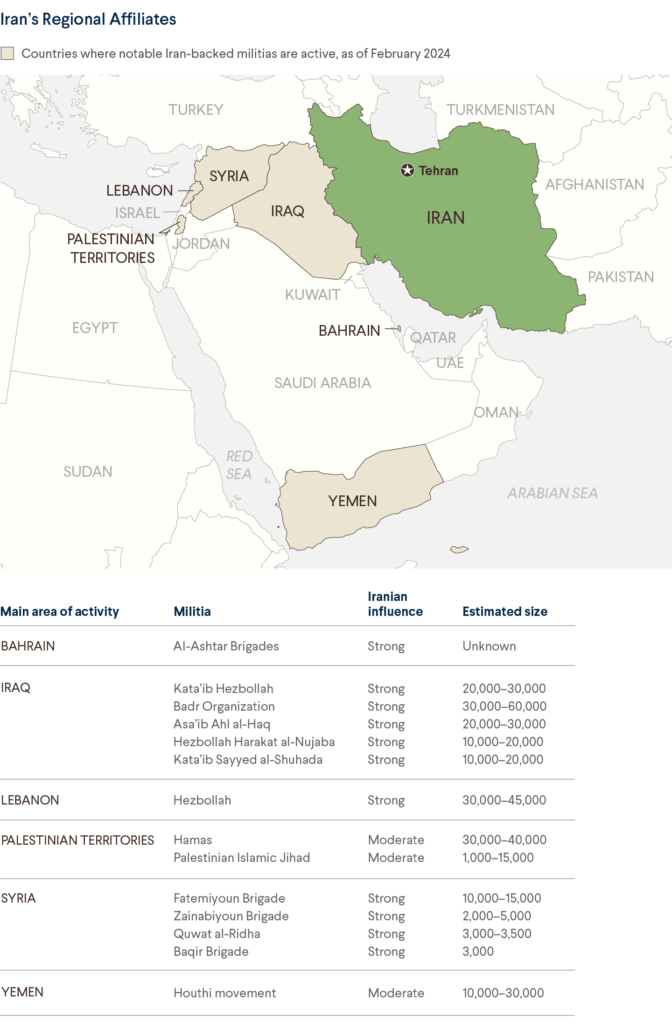
The implications of these actions are profound. The assassination of Haniyeh, a key negotiator, has effectively torpedoed ongoing cease-fire efforts in Gaza. Qatar’s Prime Minister Mohammed bin Abdulrahman Al Thani’s remarks on the futility of negotiations under such circumstances highlight a grim reality: Israel is relentless in its objective to dismantle Hamas leadership, negotiations be damned. The targeted killings of Mohammed Deif and Haniyeh are a testament to Israel’s uncompromising stance.
Political assassinations & continued targeting of civilians in Gaza while talks continue leads us to ask, how can mediation succeed when one party assassinates the negotiator on the other side? Peace needs serious partners & a global stance against the disregard for human life.
— محمد بن عبدالرحمن (@MBA_AlThani_) July 31, 2024
The catalyst for this recent escalation was a missile attack on civilians in the Golan Heights, attributed to Hezbollah. This incident, which tragically struck a soccer field in Majdal Shams, a Druze town, intensified the already volatile situation. Israel’s retaliatory strike on Shukr in Beirut serves as both a punitive measure and a stark warning to Hezbollah. Amid rising domestic pressure, Israel’s aggressive posture is also a strategic move to bolster security and reassure the eighty thousand Israelis who have fled their homes fearing Hezbollah’s threats.
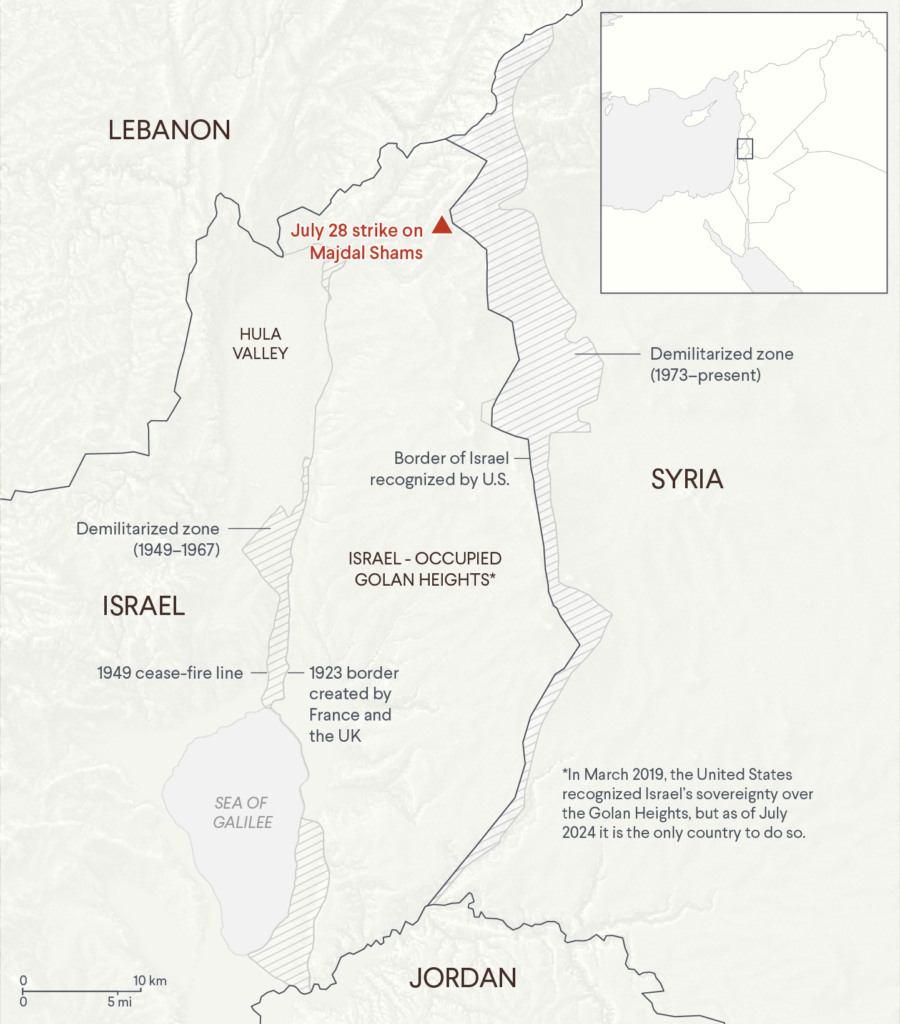
De-escalation seems an elusive goal. Despite the best efforts of U.S. diplomats and other international actors, the cycle of violence appears set to continue. Iran’s vow of vengeance and Israel’s provocations point to an inevitable showdown. This is not merely a skirmish but a war both sides have long been preparing for. The region teeters on the brink of a broader and more devastating conflict, one that could reshape the geopolitical landscape for years to come.
In this unpredictable and fraught moment, the hope for peace seems distant. The Middle East, once again, finds itself at the heart of a storm, with the world watching and waiting to see how this high-stakes drama unfolds.


